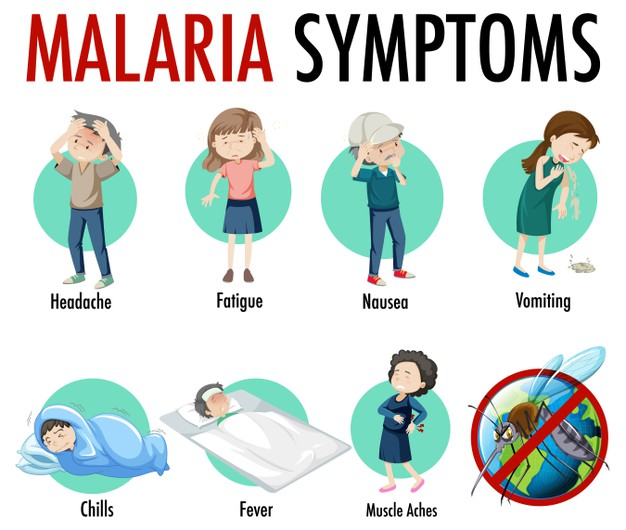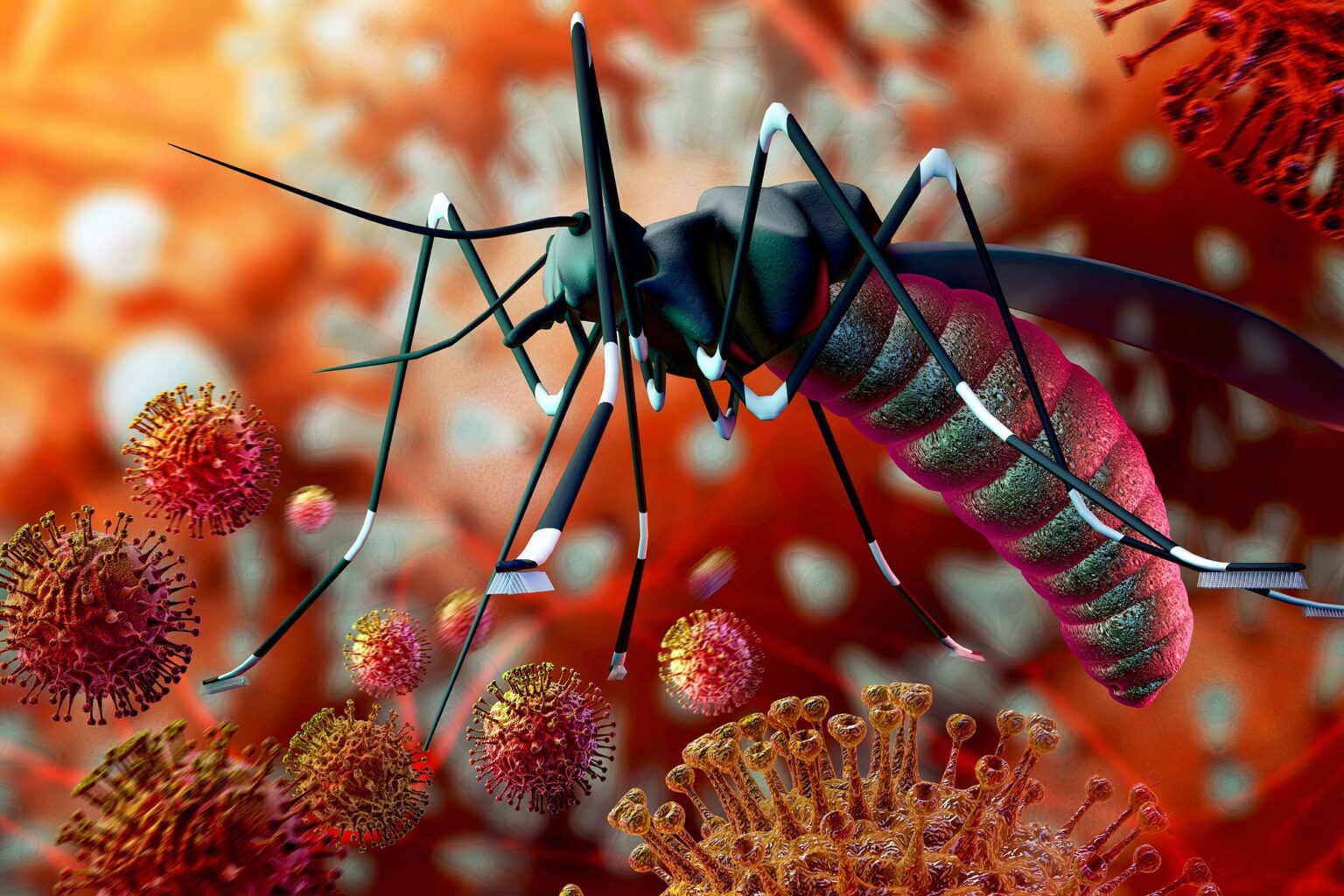Federal health authorities have expressed alarm over recent cases of malaria transmission occurring within the United States, breaking a two-decade streak of infections primarily linked to travel outside the country. This article examines the confirmed transmissions in Sarasota County, Florida, and Cameron County, Texas, which took place between late May and late June. The affected patients have received treatment and are on the path to a full recovery, while public health experts remain vigilant in monitoring the situation for any potential new cases.
The Decline and Resurgence of Malaria
Although malaria was declared eradicated in the US in 1951 after being a prevalent disease, the country still witnesses around 2,000 cases each year, all of which were previously associated with travel. However, there has been a recent shift as a small number of individuals who have not traveled abroad have contracted the disease. This resurgence has prompted the Centers for Disease Control and Prevention (CDC) to address the issue and emphasize that the risk of malaria within the US remains extremely low.

Image Source: the-scientist.com
Preventing Malaria and Raising Awareness
In light of the recent cases, health specialists are urging Americans to remain vigilant and take necessary precautions to prevent mosquito bites, which are the primary mode of malaria transmission. Brian Grimberg, a professor of pathology and global health at Case Western Reserve University, highlights the importance of understanding the risk of malaria, even for those who do not travel internationally. By raising awareness and promoting preventive measures, such as the use of insect repellent and the elimination of standing water sources, the risk of malaria and other mosquito-borne infections can be minimized.
Symptoms and Global Impact
Malaria is characterized by symptoms such as fever, headaches, chills, and flu-like illness. Worldwide, approximately 240 million malaria infections occur annually, with the majority of cases (95%) concentrated in African countries. The CDC has been actively combating malaria within the US, employing effective strategies such as the use of DEET pesticides and marsh drainage to reduce mosquito populations.

Past Incidents and Treatment
This recent resurgence of malaria in the US is not the first occurrence. Eight people in Palm Beach County, Florida, became sick in 2003 as a result of contracting the P. vivax mosquito species, which has a lower propensity to transmit severe manifestations of the disease. Prompt treatment is essential to prevent relapses, and medications for malaria are readily available across the country. Health officials advise individuals to seek testing, diagnosis, and treatment as soon as symptoms arise to ensure a swift recovery.
Recommendations for Travelers and Public Health Measures:
Travelers are advised to take precautionary measures, such as carrying mosquito nets or bug spray, to minimize insect bites when visiting regions with a higher risk of malaria transmission. Public health officials should implement rapid detection, prevention, and control strategies to curtail the spread of the disease. Additionally, hospitals are encouraged to maintain adequate stocks of malaria medications and testing supplies to address potential outbreaks effectively.













